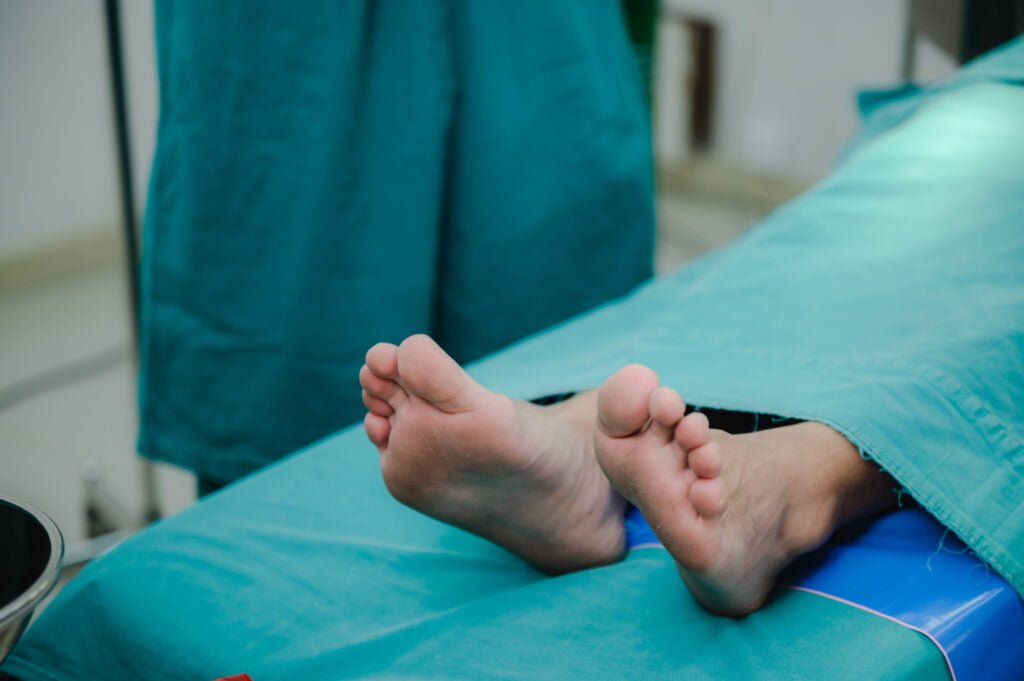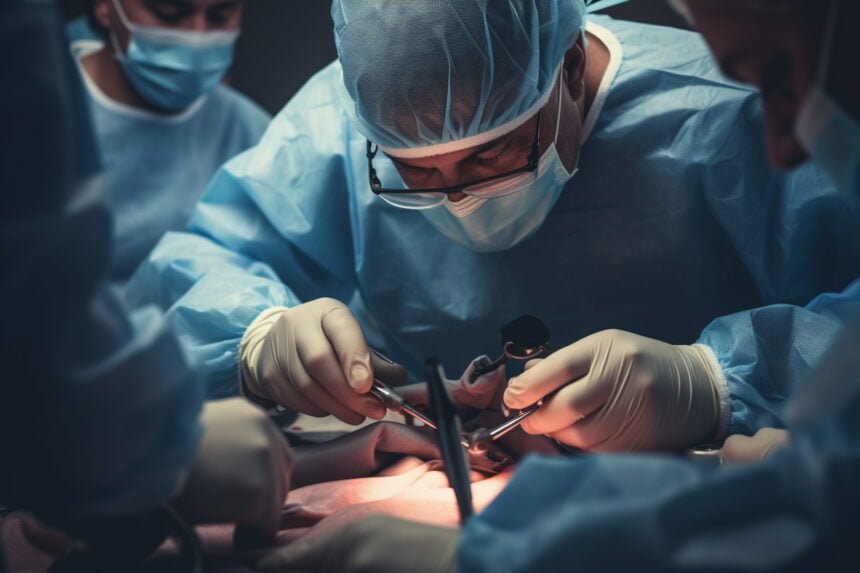Driven by a deep commitment to progress, countless individuals each year make the remarkable choice to donate their bodies to science upon their passing. This selfless act fuels advancements across a vast spectrum of medical fields.
From the intricate details of human anatomy to the complexities of the disease, these donated bodies empower researchers, students, and healthcare professionals to pore deeper into the human form in ways that traditional methods simply cannot.
Typically, individuals who wish to donate their bodies to science must make arrangements well in advance, often through a body donation program like SWIBA or a specific medical institution. These programs vary by country and region, so it’s essential to research the options available in your area.
After an individual donates their body to science, several procedures follow.
Transport And Preparation
Transportation of the donated body is a crucial step in the process. Upon the individual’s passing, prompt and careful handling is necessary to ensure the body arrives at the designated medical institution or facility promptly.
Depending on the distance and logistics involved, this may involve coordination between medical transport services, funeral homes, and the receiving institution.
Once at the medical facility, the body undergoes meticulous preparation. This can involve embalming, a process where preservatives are introduced into the body’s vascular system to slow down decomposition and ensure its suitability for research and education purposes.
In cases where embalming is not feasible or desired, alternative preservation techniques such as refrigeration may be employed.
Research And Education

After preparation, the donated body becomes an invaluable tool for advancing medical knowledge and education. Here are some ways in which donated human bodies are utilized:
Anatomical Studies
Anatomical dissection provides an unparalleled opportunity for medical students and professionals to gain a comprehensive understanding of the human body’s structure and function.
By examining real human bodies, learners can explore the intricacies of anatomical relationships, variations among individuals, and the three-dimensional complexity that textbooks and digital models often cannot fully convey.
Surgical Training
Donated bodies are also utilized in surgical training programs to simulate real surgical scenarios. This hands-on experience allows aspiring surgeons to develop and refine their surgical skills in a controlled environment before performing procedures on living patients.
From basic techniques to complex surgical interventions, cadaveric training provides invaluable learning opportunities that contribute to improved patient outcomes.
Medical Research
Donated bodies serve as essential resources for medical research across various disciplines. Researchers may use cadavers to investigate disease processes, test new surgical techniques or medical devices, and explore innovative treatments.
From advancing the understanding of cancer biology to refining surgical approaches for organ transplantation, donated bodies play a pivotal role in driving medical progress and innovation.
Respectful Disposition
Once the donated body has served its purpose in research or education, it is handled with the utmost respect and dignity. This includes ensuring proper and ethical treatment of the remains following the donor’s wishes and applicable laws and regulations.
In many cases, the medical institution or body donation program will arrange for the respectful disposition of the remains, often through cremation. Cremation is a common practice that allows for the dignified and environmentally friendly disposal of the body’s organic matter. Some donation programs also offer the option of returning cremated remains to the donor’s family, providing closure and honoring the donor’s legacy.
Considerations Before Donation
Before making the decision to donate your body to science, there are several important factors to consider:
- Personal Values and Beliefs: Reflect on your own values, beliefs, and motivations for wanting to donate your body to science. Consider how donation aligns with your personal philosophy and end-of-life wishes.
- Family and Loved Ones: Discuss your decision with your family and loved ones. While it’s ultimately your choice, informing them of your intentions can help ensure that your wishes are respected and understood.
- Programs: Research reputable body donation programs or medical institutions in your area. Look for programs with a history of ethical practices, transparent procedures, and clear communication.
- Legal and Financial Considerations: Understand the legal and financial implications of body donation. Ensure that you have the necessary paperwork in place, such as a legally binding donation consent form. Consider any costs associated with donation, such as transportation or cremation fees.
- Medical Eligibility: Be aware that not everyone may be eligible to donate their body to science. Factors such as cause of death, medical history, and the condition of the body can impact eligibility. Consult with the chosen donation program to determine if you meet their criteria.
- Impact on Funeral Arrangements: Consider how body donation may impact your funeral arrangements and any religious or cultural practices you wish to observe. Some donation programs offer options for memorial services or ceremonies to honor donors.
- Emotional Preparation: Understand that donating your body to science is a profound decision that may evoke strong emotions for yourself and your loved ones. Take time to process your decision and address any concerns or uncertainties you may have.
By carefully considering these factors and making an informed decision, you can ensure that your choice to donate your body to science is meaningful, ethical, and in line with your wishes.
Takeaway
Donating your body can have a lasting impact. It advances medical knowledge, education, and research, ultimately benefiting generations to come. By familiarizing yourself with the process and its implications, you can make an informed choice about your end-of-life wishes, leaving behind a meaningful legacy that contributes to the greater good.







